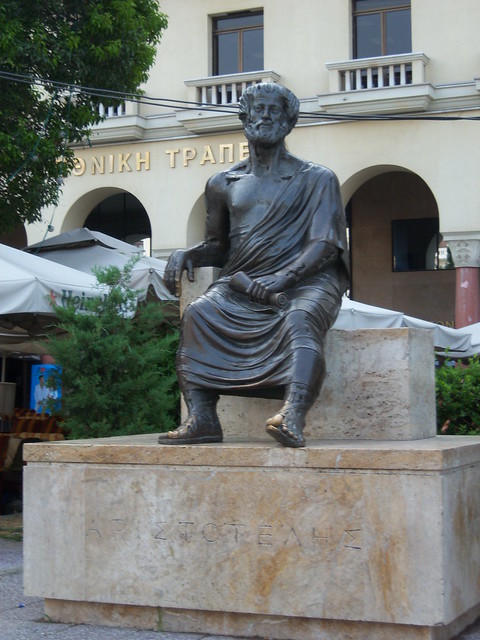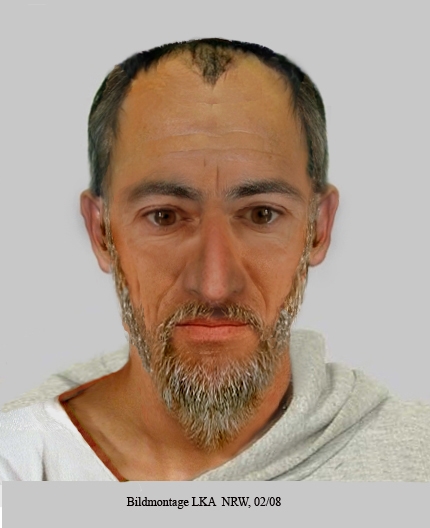The clip I sent my pastor, on euphimisms.
So, blast from the past, a study written for Carlin when he passed away.
Bible Study for George Carlin
George Carlin, the stand-up comedian who died in June 2008, was a deep thinker. Who else could ask, “What if there were no hypothetical questions?” But he was also deeply divisive. It would be interesting to know if he offended or entertained more people – and how many people are in both camps. He was clearly smart – he figured out “Give a man a fish and he will eat for a day. Teach him how to fish, and he will sit in a boat and drink beer all day.” He presents a real challenge to a Christian – a dedicated opponent and a creator of smart and funny arguments. We need to compare his thoughts with scripture to be on firm footing.Agreement
Sometimes I think Carlin agreed with Christian teaching. Consider his most famous routine, 7 dirty words.
Carlin: There are some that would have you not use certain words. There are 400,000 words in the English language and there are 7 of them you can’t say on television. What a ratio that is. 399,993 to 7. They must really be bad. They’d have to be outrageous to be separated from a group that large. All of you over here, you 7, Bad Words. That’s what they told us they were, remember? “That’s a bad word!” No bad words, bad thoughts, bad intentions, and words. You know the 7, don’t you, that you can’t say on television? “*censored*” Those are the heavy seven. Those are the ones that’ll infect your soul, curve your spine, and keep the country from winning the war.
Mark 7: 14 Again Jesus called the crowd to him and said, “Listen to me, everyone, and understand this. 15Nothing outside a man can make him ‘unclean’ by going into him. Rather, it is what comes out of a man that makes him ‘unclean.’ “ … [20-23] He went on: “What comes out of a man is what makes him ‘unclean.’ For from within, out of men’s hearts, come evil thoughts, sexual immorality, theft, murder, adultery, greed, malice, deceit, lewdness, envy, slander, arrogance and folly. All these evils come from inside and make a man ‘unclean.' "
1) It seems like Jesus would agree that there are no bad words. So why aren’t Christians supposed to swear?
Carlin: I have as much authority as the Pope, I just don’t have as many people who believe it.
Gal 1:9-10: As we have already said, so now I say again: If anybody is preaching to you a gospel other than what you accepted, let him be eternally condemned! Am I now trying to win the approval of men, or of God? Or am I trying to please men? If I were still trying to please men, I would not be a servant of Christ.
2) George seems to be agreeing with Paul about human authority. What authority should people ever have in the church?
Carlin: “I am” is reportedly the shortest sentence in the English language. Could it be that “I do” is the longest sentence? (Note both of Carlin’s marriages lasted until death did them part.)
Matthew 9:6-9: Therefore what God has joined together, let man not separate.” “Why then,” they asked, “did Moses command that a man give his wife a certificate of divorce and send her away?” Jesus replied, “Moses permitted you to divorce your wives because your hearts were hard. But it was not this way from the beginning. I tell you that anyone who divorces his wife, except for marital unfaithfulness, and marries another woman commits adultery.”
3) How can the church affirm marriage without being judgmental to those who have suffered divorce?
Carlin: There’s no present. There’s only the immediate future and the recent past.
Mat 6:34: Therefore do not worry about tomorrow, for tomorrow will worry about itself. Each day has enough trouble of its own.
4) What makes it hard for you to live by Jesus’ advice? What helps you live it?
The Church
George was brought up Catholic, and became a severe critic of all organized religion. He mocked it with his creation of “Frisbeetarianism,” “the belief that when you die, your soul goes up on the roof and gets stuck.” And he commended atheism, since “Atheism is a non-prophet organization.”
1 Cor 12:27-28 Now you are the body of Christ, and each one of you is a part of it. And in the church God has appointed first of all apostles, second prophets, third teachers, then workers of miracles, also those having gifts of healing, those able to help others, those with gifts of administration, and those speaking in different kinds of tongues.
5) If the church is going to be a for-prophet organization, what is the role of the prophet today? Do you know any?
Carlin: Religion convinced the world that there’s an invisible man in the sky who watches everything you do. And there’s 10 things he doesn’t want you to do or else you’ll go to a burning place with a lake of fire until the end of eternity. But he loves you! ...And he needs money! He’s all powerful, but he can’t handle money!
6) Is this a justifiable criticism of the church? If so how do we fix it? If not, how do we defend it?
Carlin: I’m completely in favor of the separation of Church and State. My idea is that these two institutions screw us up enough on their own, so both of them together is certain death.
The recent, heavily debated, Evangelical Manifesto states: “The other error, made by both the religious left and the religious right in recent decades, is to politicize faith, using faith to express essentially political points that have lost touch with biblical truth. That way faith loses its independence, the church becomes “the regime at prayer,” … Christian beliefs are used as weapons for political interests.”
7) What should the role of Christians and the church be in politics and government?
Faith
Carlin: I would never want to be a member of a group whose symbol was a guy nailed to two pieces of wood.
1 Cor 1:18-19: For the message of the cross is foolishness to those who are perishing, but to us who are being saved it is the power of God. For it is written: “I will destroy the wisdom of the wise; the intelligence of the intelligent I will frustrate.”
8) Obviously Paul foresaw attitudes such as Carlin’s. Why is the cross hard to accept?
Obviously the saddest thing about Carlin is to think of him dying without knowing Christ. He knew he was dying, and, characteristically, quipped about it. “I was thinking about how people seem to read the Bible a whole lot more as they get older; then it dawned on me - they’re cramming for their final exam.” And, “I’m always relieved when someone is delivering a eulogy and I realize I’m listening to it.”
9) How do you testify to someone who seems so set against even the idea of faith in Jesus?








